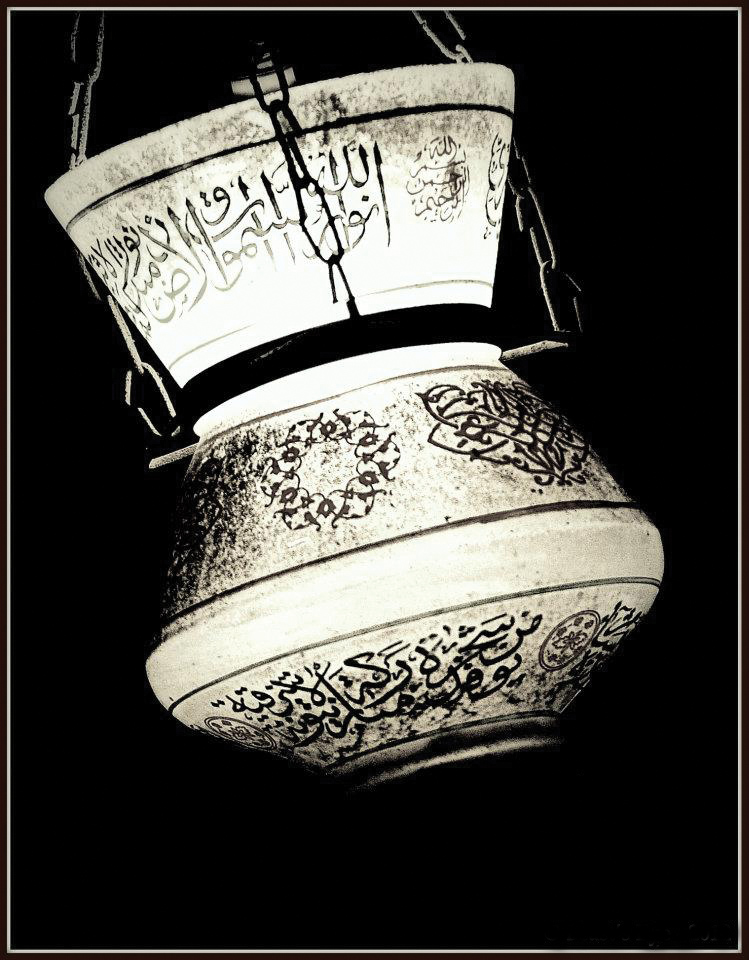Cairo and jazz have settled into a comfortable handshake. Opening at El-Sawy Culture Wheel on Thursday, the Cairo Jazz Festival saw audiences and artists — both local and international — intermingling in an air of warmth with understated jubilation and confidence.
“People are celebrating freedom,” festival director Amro Salah told Daily News Egypt. It is a word you hear repeated over and over during the festival. Calima, the visiting band from Barcelona, shouts “Horreya!” (freedom), cheering the Egyptian people.
“Music is about connecting the body and the soul, and that is freedom. And you people have been fighting for your freedom,” said a vocalist from the Spanish band to an audience that cheered itself perhaps a little more than the visiting artists. For once, it was not pyramids or erstwhile greats such as Om Kolthoum that were being praised.
Calima itself is a celebration of global culture, consisting of 14 members with influences of Indian percussion, and coming from Cuba, Brazil, the USA, Bulgaria and Spain. Its members are met serendipitously during musical events in Barcelona and abroad, while the Bulgarian element in the band was part of a group of street performers. Their songs range from the breezy romantic “Que Bonita Eres” sung with a husky voice and gypsy intonations to the energetic rendition of flamenco dancing to Cuban-Brazilian beats.
The international flavor of the Jazz Festival was treated to a warm welcome. Adam Miller Quintet is made of both Egyptian and American artists. American vocalist Adam Miller considers himself a local. “I participated in the revolution as an Egyptian,” he said to warm applause from the audience which included his Egyptian wife and family.
Miller who also enraptured audiences in the nascent year of the festival with an unforgettably moving rendition of Chet Baker’s “Easy Livin’” continued to charm this year with covers of classics compositions of Eden Abez (“Nature Boy”), Thelonius Monk and Duke Ellington. That jazz breaks one rule of music while following another was adequately illustrated as Miller sang “Body and Soul,” crooning out vocal improvisations to a song that rhymes doggedly.
Egypt, and particularly the music scene, has become more international “post-Thawra,” Miller told DNE, adding that more Egyptian musicians are attracted to jazz and that many international artists are making Egypt home.
Egyptian bands have bloomed in this newfound post-revolution confidence. Nothing needs to be proven, and experimentation is prolific, sincere and easy. It makes for the spontaneity that is jazz. Cocoon that belted Latin numbers had a surprise up their sleeve in their finale where they paid tribute to the “homeland” fusing Gloria Estefan’s “Mi Tierra” to their self-penned “Belady.”
Performing onstage, festival director Salah, who also partakes in the Adam Miller Quintet and Eftekasat as pianist/keyboardist, left behind his poker face.
Eftekasat made for a brilliant performance, fulfilling in its microcosm the aims of the Cairo Jazz Fest: to make jazz popular and to show that many styles can exist within it.
Audiences lapped up the soothing darbouka percussion that was lifted by the clarinet accompaniment of Alex Simu reminiscent of a sweet nay (Oriental flute). Labels of “oriental” and “western” jazz that annoyed the festival organizers the first year were lost as sounds melted into pure music that had only one label: entertaining.
Unlike previous years, there was no need to explain, or to shy away. When the self-proclaimed communist Ziad Rahbani who has penned many a political numbers opened the festival last year, talk of politics was non-existent, and songs of love prevailed.
Although Salah maintains the festival has no say over artists’ repertoires, the air this year is fresh with freedom. The foreword in the festival catalog this year carries an overtly political message, a “cultural mission,” Salah calls it, alongside “Tahrir’s mission to serve Egypt’s national interest.”
Yet songs are celebratory in nature. The revolution has made everyone a hero — where the artists applaud audiences, and the boundary between east and west blurs in music while locals and foreigners proudly wear Egypt’s flag.
Pride throbs inside the festival gates. “We’ve daringly decided to organize the festival in its usual time in spite of the current circumstances,” the program states. “We didn’t change anything in the lineup, and are happy with the audience [turnout],” Salah said.
Even as the city adjusts itself to diminished security presence, audiences continue to turn out in large numbers. What has made for this ordinary bravery, and for this easy local-international fusion?
“It has to do with everything” said Miller, “jazz is an expression of life.” And while it may seem difficult to outsiders looking in, loving this life makes for an “Easy Livin’.”

Spanish band Calima.


